DNA Damage
-

The importance of estrogen cycles
Deborah Lannigan and colleagues identify a key regulator of the estrogen receptor and suggest that its downregulation by oral contraceptives may increase oxidative stress and DNA damage, a common cause of cancer. Read MoreAug 6, 2020
-
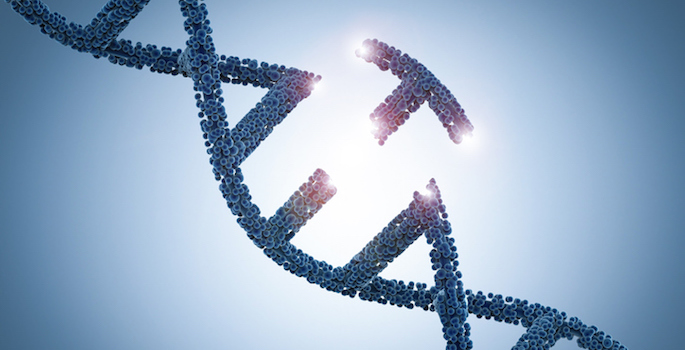
Probing DNA damage repair
After discovering a new mechanism for DNA damage repair last year, Vanderbilt biochemists now provide direct evidence for how it works. Read MoreJun 18, 2020
-

A critical factor for wound healing
Vanderbilt-Ingram Cancer Center scientists have discovered a role for a tumor suppressor protein in skin wound healing. Read MoreJul 16, 2019
-

Genetic balancing act
David Cortez and colleagues have found that a protein called RADX helps modulate a protein called RAD51 in order to make sure exactly the correct amount of DNA repair occurs. Read MoreAug 9, 2018
-
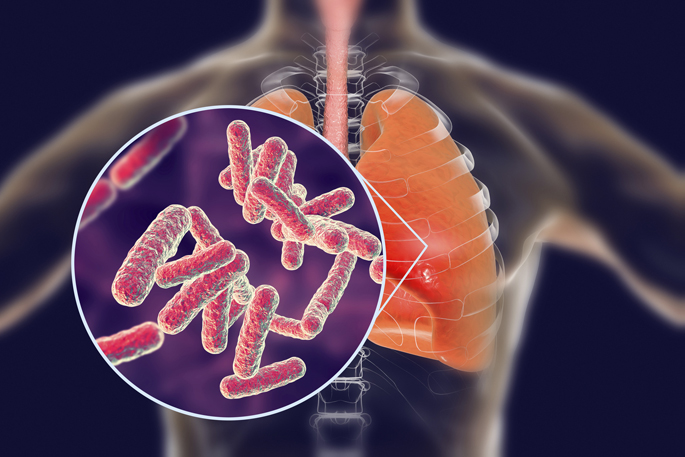
Confronting TB resistance
Vanderbilt researchers describe how certain tuberculosis treatments work and suggest these medications may overcome the threat of drug-resistant tuberculosis. Read MoreJun 11, 2018
-
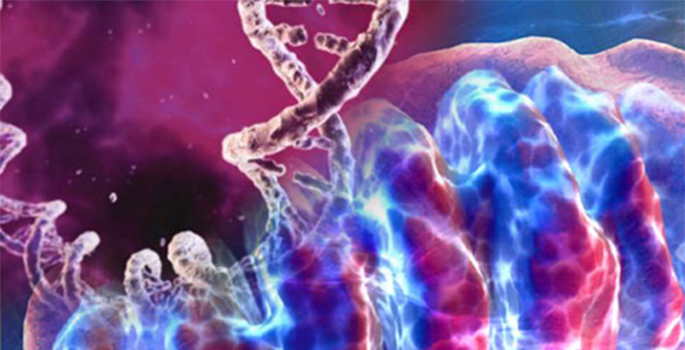
Mitochondrial mutations and disease
New findings suggest that oxidative stress damages mitochondrial DNA, and they link this damage to a disease state. Read MoreFeb 22, 2018
-
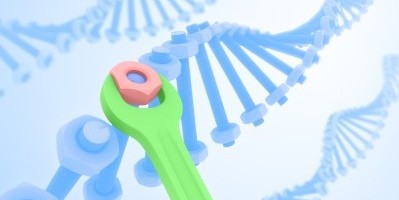
DNA damage repair: molecular insights
Structural details about a protein involved in the repair of damaged DNA provide insight into xeroderma pigmentosum disorders, which are characterized by increased risk for skin cancer. Read MoreDec 5, 2017
-

Repriming replication roadblocks
New findings shed light on how enzymes that replicate DNA skip over mutations that might cause cancer and restart DNA synthesis further away. Read MoreJun 12, 2017
-

DNA damage response protein
Vanderbilt researchers have determined that a previously uncharacterized protein responds to DNA replication stress and has an essential role in maintaining the integrity of the genome. Read MoreOct 21, 2016
-

Mechanism of a DNA repair protein
Vanderbilt investigators have discovered details about the mechanism of an important DNA repair protein that maintains genome stability. Read MoreApr 15, 2016
-
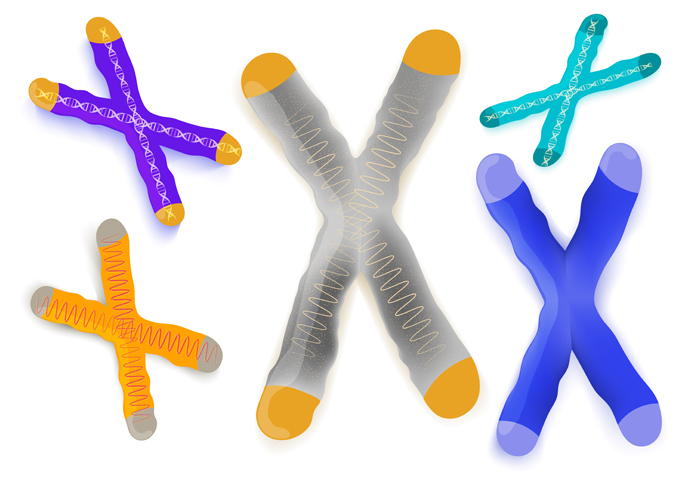
Copying chromosome caps
Telomeres – the caps on the end of chromosomes – are a source of stress for a particular protein involved in copying DNA, a new study reports. Read MoreJan 8, 2016
-
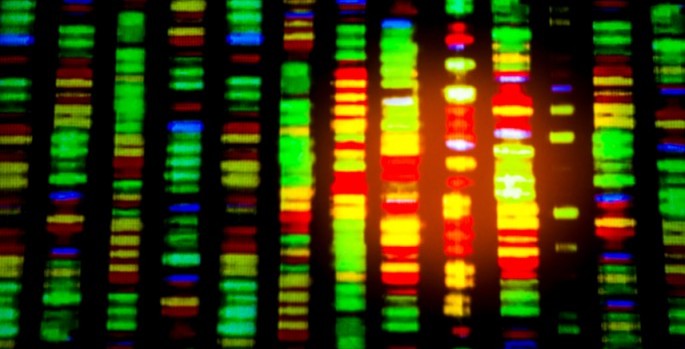
Study reveals how protein helps cells tolerate DNA damage
Vanderbilt and Stanford investigators have discovered how a protein that's part of the DNA replication "machinery" helps cells tolerate DNA damage. Read MoreJul 16, 2015
-

Repair protein’s DNA recognition motif
Insights into the workings of DNA damage response proteins such as SMARCAL1 could suggest new ways to improve genome integrity and prevent cancer. Read MoreMay 23, 2014
-

Bypassing DNA damage
Studies of a human polymerase that replicates DNA have provided a complete kinetic and structural framework for understanding how the enzyme accurately bypasses DNA damage. Read MoreMay 9, 2014
-

Probing roles of a cell death protein
Vanderbilt researchers have discovered new roles for a protein involved in cell death processes that are activated to prevent tumor-causing DNA mutations. Read MoreJul 17, 2013
-
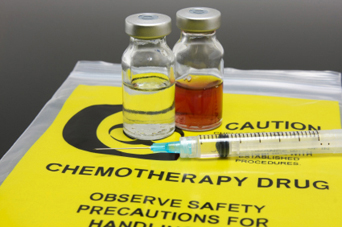
A drug combo for ovarian cancer
Combining another drug with platinum-based chemotherapies may be more effective against ovarian cancer. Read MoreDec 24, 2012
-

Carcinogenic chemicals cramp DNA
Researchers have determined how a DNA lesion caused by exposure to chemicals may spark cancer formation. Read MoreNov 21, 2012
-
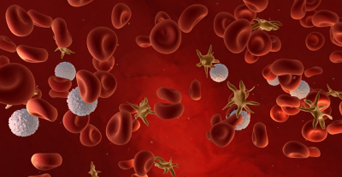
Bid protein guards blood cells against stress
A protein normally known to promote cell death found to encourage survival of blood forming cells. Read MoreOct 25, 2012
-

Kids’ cells okay after mom’s cancer radiation
Study finds no evidence of increased mitochondrial mutations in the children of women treated with radiation for cancer. Read MoreJun 22, 2012
-

DNA: From modification to mutation
Understanding how an environmental hazard damages DNA may shed light on processes of tumor formation. Read MoreJun 8, 2012